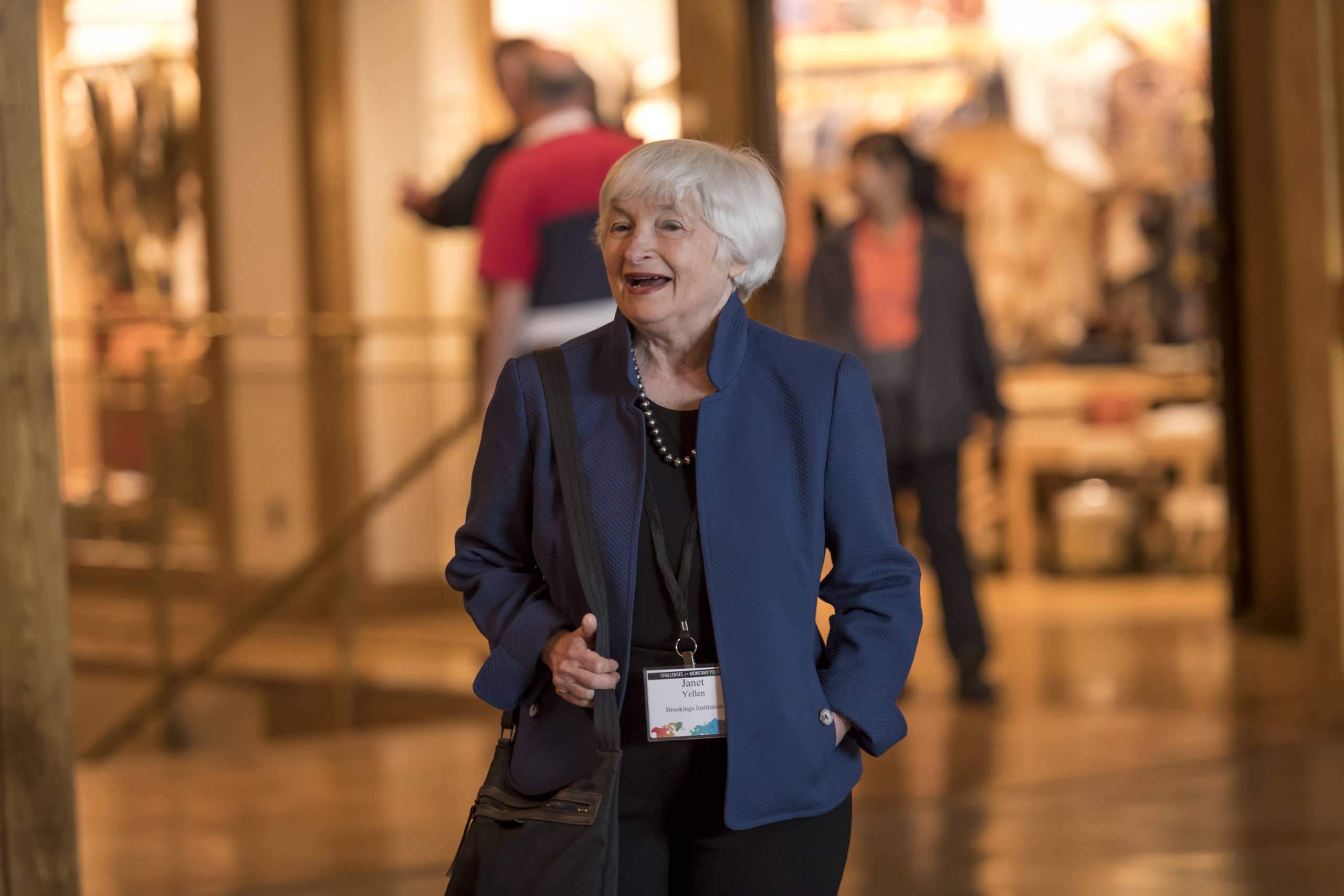Like wealth, fame, or even love, power is not static. As any of the 17 newcomers to the 2020 list of the World’s 100 Most Powerful Women can attest, a person can quickly gain power through elections, mergers, and acquisitions, or the stroke of a pen affirming a promotion. Likewise, as the women who’ve fallen off the Power Women list illustrate, power can just as easily fade when a company fails (we hardly knew ye, Quibi), a board wants a new direction, or a country wants a new administration.
Sometimes, though, power shifts gradually: a person is nominated for a position, but doesn’t yet have the job. She has taken the top job, but hasn’t had time to make her mark on the organization or execute the turnaround that is crucial for survival. Or perhaps she is clearly in charge but is methodical in growing market share, creating a company or investment fund that is large but not hasn’t yet reached the level that earns her a spot among the top 100 most powerful women around the globe.
As we noted last year, this is not to say that women who have not quite yet arrived aren’t powerful. In fact, their power is rising, and likely at a rate that could earn them a spot on the power list as soon as next year. To that end, these are the women to watch for 2021:
Janet Yellen: The former chair of the Federal Reserve last ranked No. 6 on the Power Women list, in 2016, but fell off the list when she was not renominated for the role. With the news that president-elect Joe Biden has decided to nominate Yellen as his Treasury Secretary—a move that would make her the first woman to hold this particular Cabinet position—Yellen’s return to the power list is all but one Senate confirmation away. (And this, too, she should achieve, having already notched bipartisan support to become the first female Fed chair in 2014.)
Dana Canedy: A Pulitzer-Prize winning journalist who is also the administrator of the Pulitzer Prizes, Canedy has long been respected by writers and media types for decades. (Her Pulitzer was for her work on the incisive 2001 New York Times Series, “How Race Is Lived In America.”) In July, she was appointed as the senior vice president and publisher of Simon & Schuster, the eponymous imprint of one of America’s largest book publishers. Canedy is the first Black woman to have the job, and with Simon & Schuster poised to merge with Penguin Random House (pending clearance from antitrust regulators), her influence could soon grow even larger.
Loading...

Pearlena Igbokwe: In September, NBC promoted Igbokwe to chairman of the Universal Studio Group, a move that effectively handed her the baton of power from former group head (and Power Woman) Bonnie Hammer. Jeff Shell, the CEO of NBCUniversal, called Igbokwe “ideally suited” to run the company’s television studios and cited her “extraordinary taste.” Having overseen critically-acclaimed comedies like “Russian Doll,” “Superstore,” “Brooklyn Nine-Nine,” and “The Good Place,” Igbokwe’s next decisions at NBC are almost certain to entertain.
Catherine MacGregor: Eight months after the board of directors at French utility company Engie pushed Isabelle Kocher out of the CEO suite, the company has appointed longtime oil and gas executive MacGregor as her successor. MacGregor will start the role in January.
Julia Cheek: The 36-year-old founder and CEO of at-home testing company Everlywell announced in early December that her company had raised a $175 million Series D round of funding—a capital injection that propelled the company to a $1.3 billion valuation. With the pandemic accelerating consumer demand for (and comfort with) at-home health testing kits, Cheek is confident Everlywell will continue to grow. “Hopefully,” she told Forbes, “we’ll emerge as one of the winners.”

Anna Diamantopoulou, Kersti Kaljulaid and Cecilia Malmstrom: All three women are running to be the next head of the Organization for Economic Cooperation and Development (OECD). All three are already pretty influential within Europe: Diamantopoulou has had a long career in Greek politics; Kaljulaid is the first woman have to ever been elected as the president of Estonia; and Malmstrom was Europe’s trade commissioner for five years until 2019. Any one of the three would be the first woman to run the OECD, which is an intergovernmental organization whose goal is to stimulate economic progress.
Dr. Özlem Türeci: As the co-founder and chief medical officer of BioNTech, a German biotech company, Türeci was, until 2020, focused on researching and developing cancer treatments. But when her husband and co-founder, Ugur Sahin, realized in January that Covid had the potential to become a pandemic, their work shifted—as did their global profile. BioNTech partnered with Pfizer in March to develop a Covid vaccine, and last month, the two companies announced that their drug, which relies on mRNA technology, is 95% effective. With vaccine deployment set to be the dominant story of 2021, the effect Türeci’s work can only grow larger.

Ngozi Okonjo-Iweala: Economist Ngozi Okonjo-Iweala was Nigeria’s first female finance minister (and its longest serving) and spent 25 years working for the World Bank. She sits on the boards of Twitter and Gavi, the Vaccine Alliance, and is poised to become the first female head of the World Trade Organization. It is for these reasons, and more, that Forbes Africa named her its African Person of the Year 2020 and that we’re calling her a woman to watch closely in 2021.
-By Maggie McGrath, Forbes Staff
Loading...








